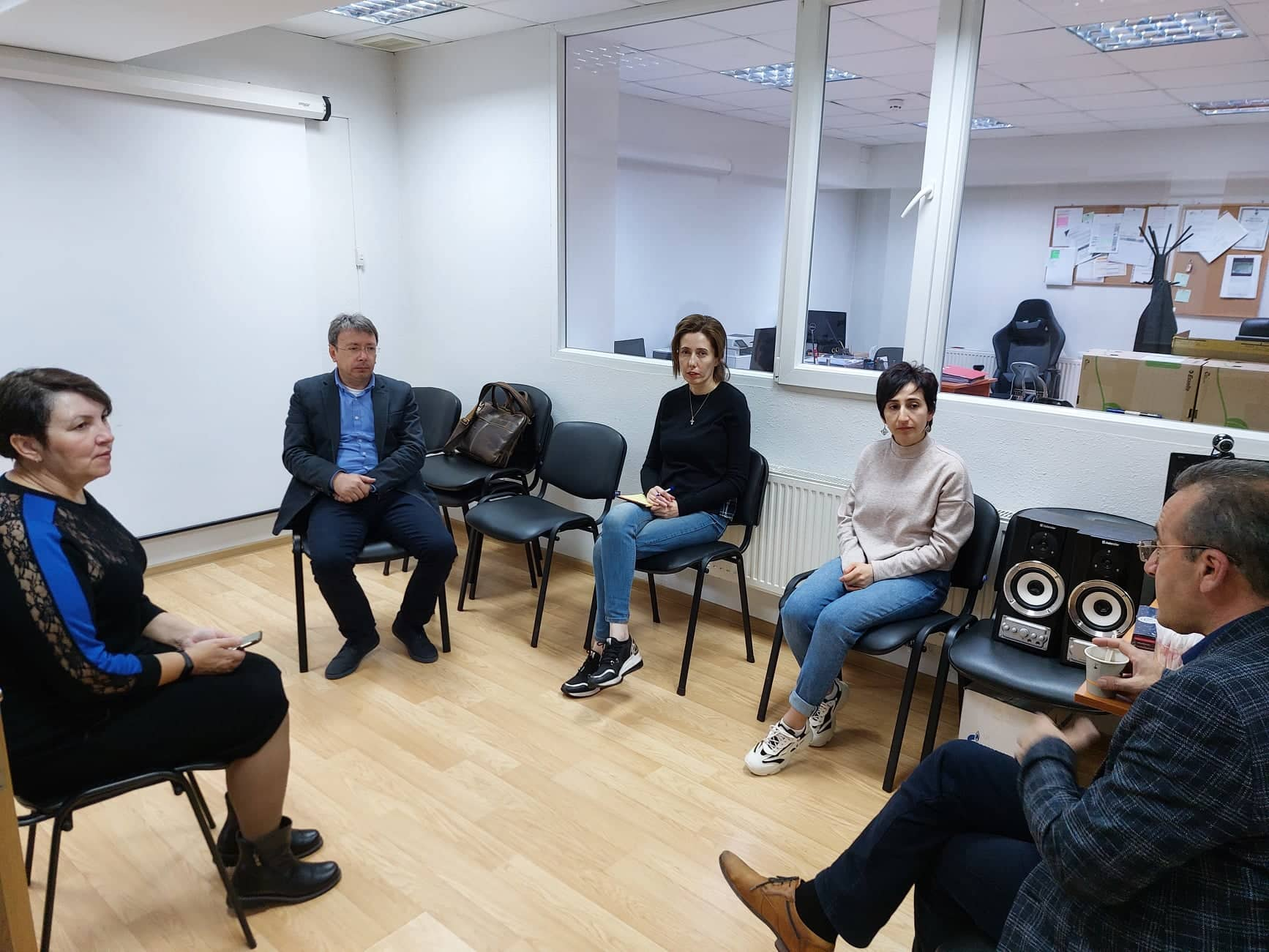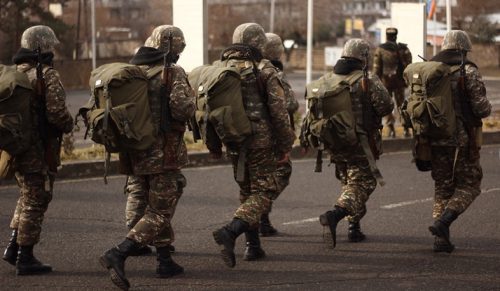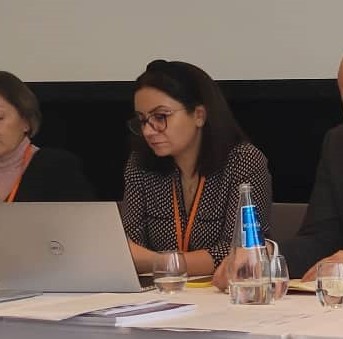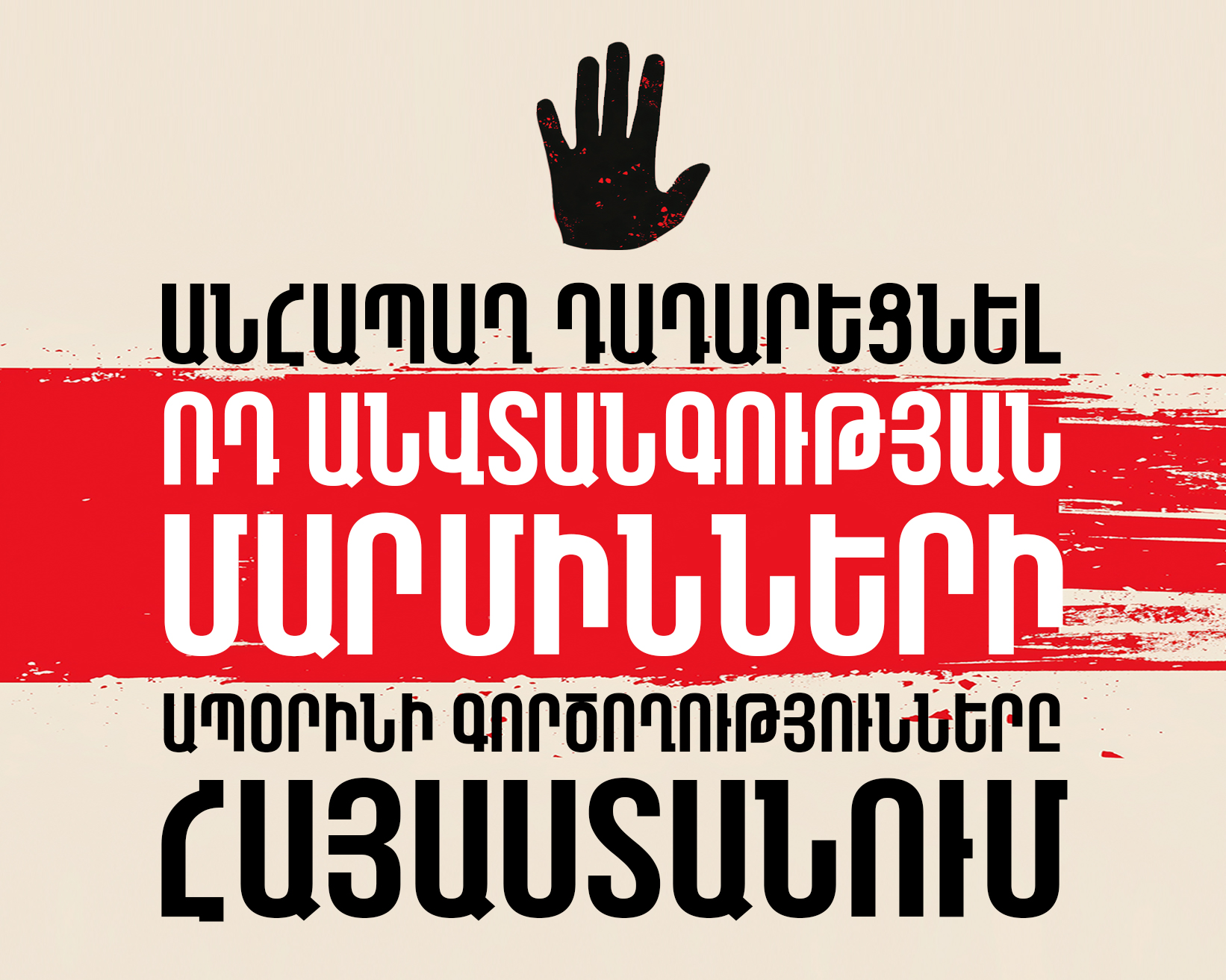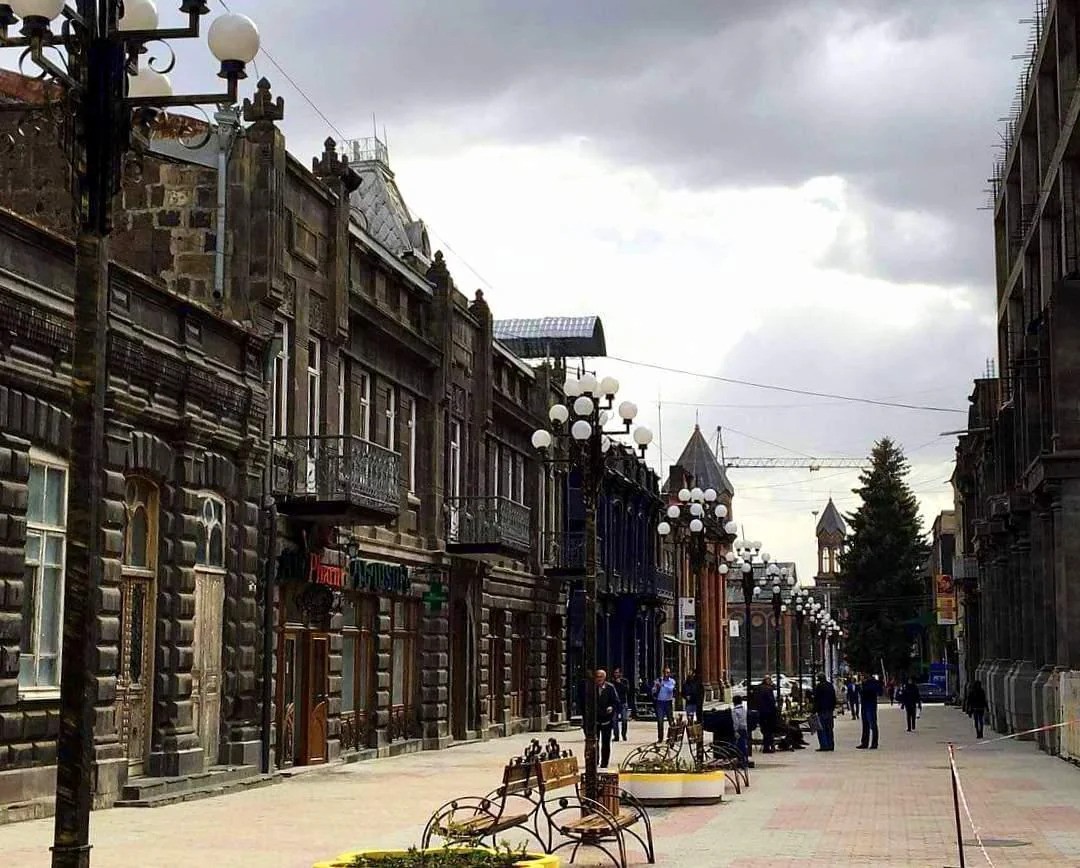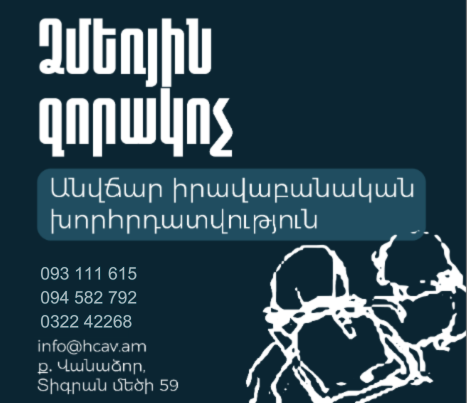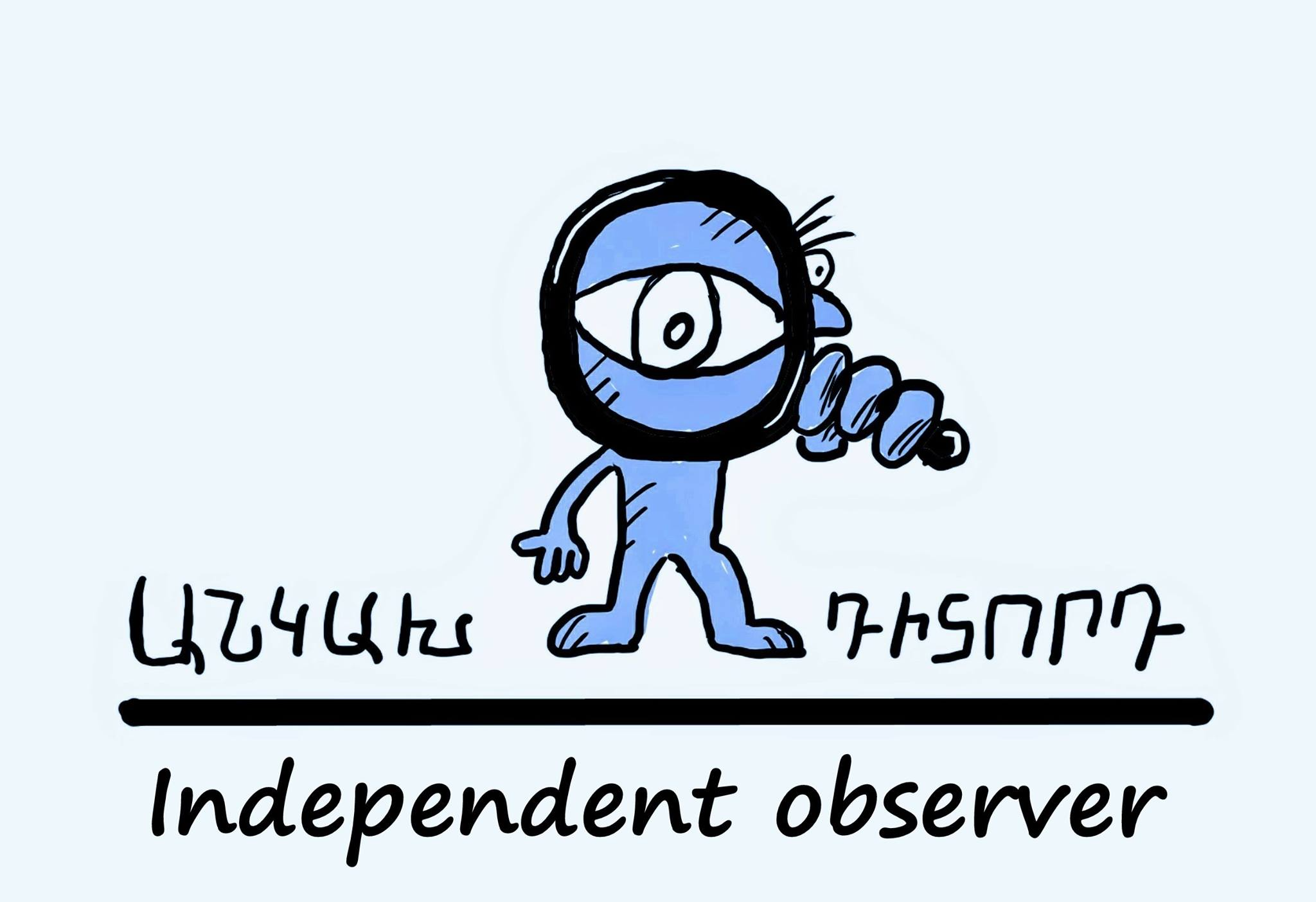




Measures taken in the sphere of mental health are piecemeal, whereas systemic solutions are needed
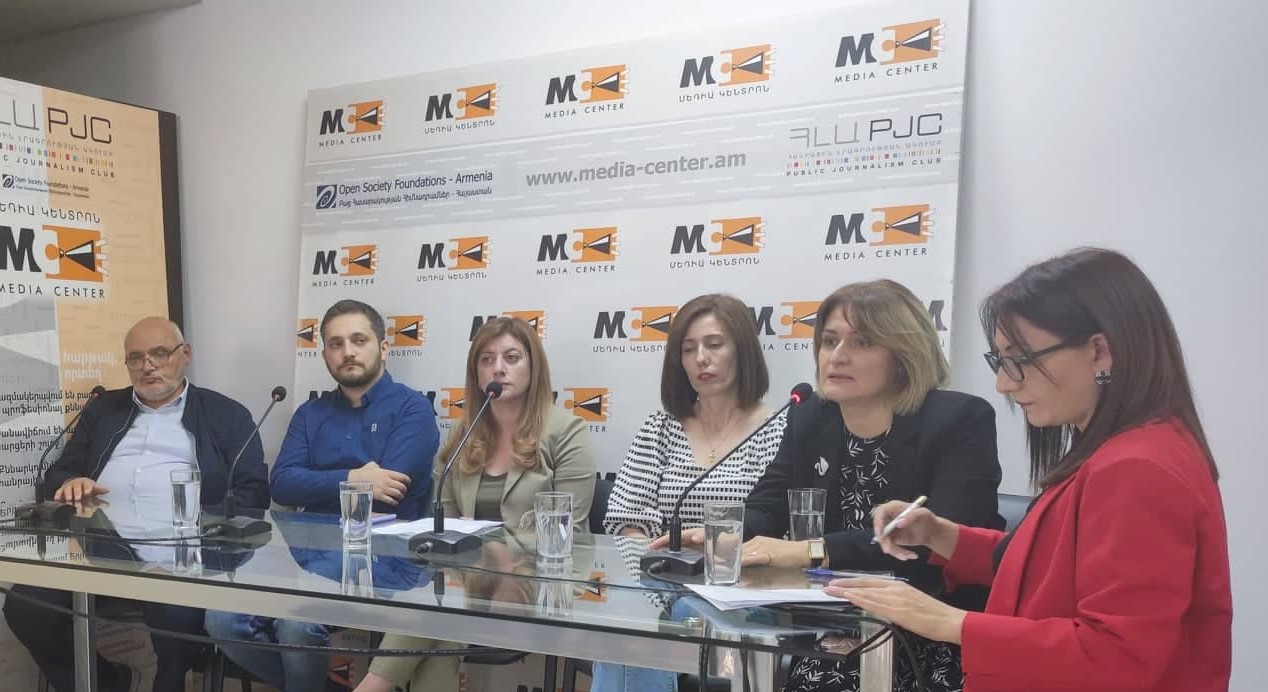
Other | Activities | Publications | News | Closed and Semi-Closed Institutions | Civilian Oversight and Monitoring
In crisis situations such as the pandemic, war and danger of war, new challenges emerge in terms of mental health preservation and ensuring the rights of persons with mental health problems, and more efforts are needed in this context.
On 10 October 2022 - World Mental Health Day - with the support of Open Society Foundations-Armenia and in cooperation with the Media Center, Helsinki Citizens’ Assembly-Vanadzor initiated a discussion to draw attention to these issues once again and discuss possible solutions.
Specialists are of the opinion that the steps taken are piecemeal, while systemic solutions are needed. Especially given that our population, according to specialists, is in a post-traumatic stress not only after the 44-day war, but from earlier phases, and the war was an occasion for those narratives to re-emerge.
“We have been in a post-traumatic stress since 1988. When the population has been living like this for 30 years, we need not just separate actions, but rather, a state programme for controlling post-traumatic stress, treatment, rehabilitation, as well as solution of other problems”, psychiatrist Samvel Sukiasyan notes.
Addressing the impact of the 44-day war and further events on the society, psychologist Narine Khachatryan noted that existential crises also give an opportunity to revalue life, and various studies show that this is also manifested in our society.
With respect to the state action of psychological support to those affected by war, Coordinator of the Department of Oversight of Defence and Security Sector Armine Sadikyan notes that this support was provided to only a small number of beneficiaries, and it is not clear which principle was used to decide who to involve in the action to be provided with priority support. This is an issue demanding a systemic solution.
“We have conducted a study among families of missing persons and met 104 families, and only 4 out of those 104 families had somehow received psychological support”, Armine Sadikyan noted.
Mushegh Hovsepyan, Chairman of “Agenda of persons with disabilities” NGO, and Sara Ghazaryan, Monitoring Specialist of social and medical services, addressed the deinstitutionalization of the mental health sphere. They stressed that while the state has declared this as a strategic goal, it implements the opposite actions in practice.
“Mental health services are most effective when they are carried out with the informed consent of the relevant person, while compulsory, involuntary forms are not always a proper response to a person’s situation. It is extremely important that persons with mental health problems be involved in all mental health processes”, Mushegh Hovsepyan mentions.
“Care houses are not a solution, either, since people do not appear there by their decision: they have not decided that they want to live with those persons at this place for a specific period of time. In case of Armenia, this can be an interim solution, after which those persons will gradually return to the community”, Sara Ghazaryan notes and adds that we are stuck in this place and no next step is taken.
The speakers also addressed the questions received from citizens.
You can watch the full discussion in the video.


